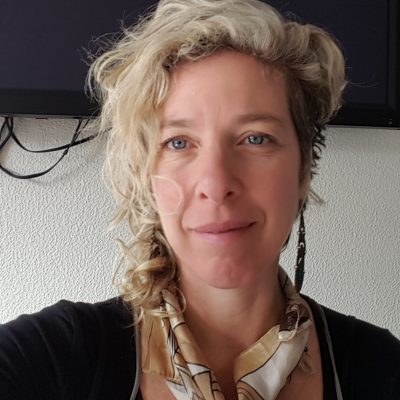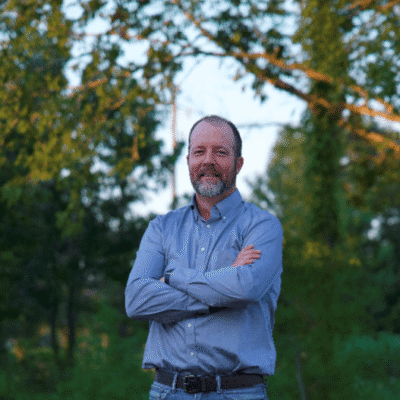 This personal story was submitted by Jenny who is living with epilepsy and now feels she is not alone thanks in part to your stories. I hope you enjoy getting to know Jenny’s experience with post-ictal psychosis.
This personal story was submitted by Jenny who is living with epilepsy and now feels she is not alone thanks in part to your stories. I hope you enjoy getting to know Jenny’s experience with post-ictal psychosis.
Jenny’s Story
I’ve had epilepsy since I was 14 (now 31). It was 6 years ago that I first started to suffer from post-ictal psychosis. These are side-effects that only occur after a seizure; similar to short-term schizophrenia. They include paranoia (becoming positive that people were talking about me), depression, insomnia and hearing voices if I haven’t slept for the night.
It was mainly the fear of this problem that scared me the most. The question I asked every time I heard a voice was, “How is this possible?” It just sounded so real and I didn’t know how it could be happening.
Knowledge is power
I decided that if I answered this question then it wouldn’t be so terrifying when it did happen. So I began reading up about naturally occurring brain chemicals and neurotransmitters. This knowledge made hearing voices scientific and not supernatural. Now, if I have trouble after I seizure I make a bit of fun out of it, telling people: “I’ve just had a seizure so don’t take it personally if I tell you to stop talking about me!”
The main cause of insomnia used to be the fear of hearing voices if I hadn’t slept. Now it’s not a problem because it’s not something I’m scared of. I know it’s possible and will tell someone: “I’m hearing a voice so I need to take some rispiridone.”









David
I still wonder if my son (now 6) will be able to communicate what he feels leading up to and after a seizure since he started having them before he really had words to communicate what he was feeling.
Thanks for sharing your story.!
Fiona Ward
Thanks Jenny. My daughter has seizures that have been getting progressively worse. She has been getting depressed and I didn’t realise it could be an effect of the actual seizures rather than how she’s feeling about her situation.